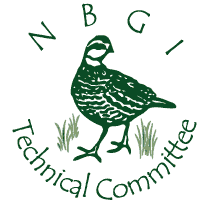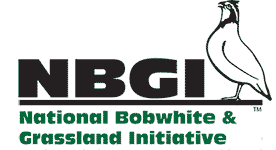Tennessee Has Private Lands Habitat Assistance
By Mark Gudlin, TWRA Private Lands Liaison

The National Bobwhite Conservation Initiative is based on the concept that large scale habitat restoration is the primary key needed to restore bobwhite populations on those portions of our countryside that are amenable to management.
Landowners have great opportunities for assistance in their habitat restoration and management for bobwhites and other wildlife. Fortunately, properly designed and managed habitat focused on bobwhites benefit many other game and nongame species as well.
The first step – getting technical assistance – is free. There are several downloadable publications located on the TWRA website (navigate through the home page via the “For Habitat Conservationists” button , or go directly to it at www.twraprivatelands.org. The TWRA and NRCS (USDA-Natural Resources Conservation Service) have several private lands biologists that will meet with you to visit your property and develop a management plan you’d be willing and able to implement. In addition, there are several programs that offer a minimum of 75% cost-share reimbursement for approved habitat work for which you might qualify.
Creating bobwhite habitat does not guarantee bobwhites will respond. Being in an area where quail already exist gives you a big jump. How much usable habitat you have on your farm, what habitat exists on nearby properties, predator populations (including feral cats), weather, and how you manage the habitat you restore can all influence how quail and other wildlife respond. But if you’re willing to give it a try, we’ll help you all we can. On the Habitat webpage, click on “Who To Contact for Technical Assistance” and contact one of the TWRA or NRCS private lands biologists.
We’ve had success with many landowners. The more habitat you (and hopefully your neighbors!) can put on the ground will give you a better chance for the same.
(November 9, 2011)

